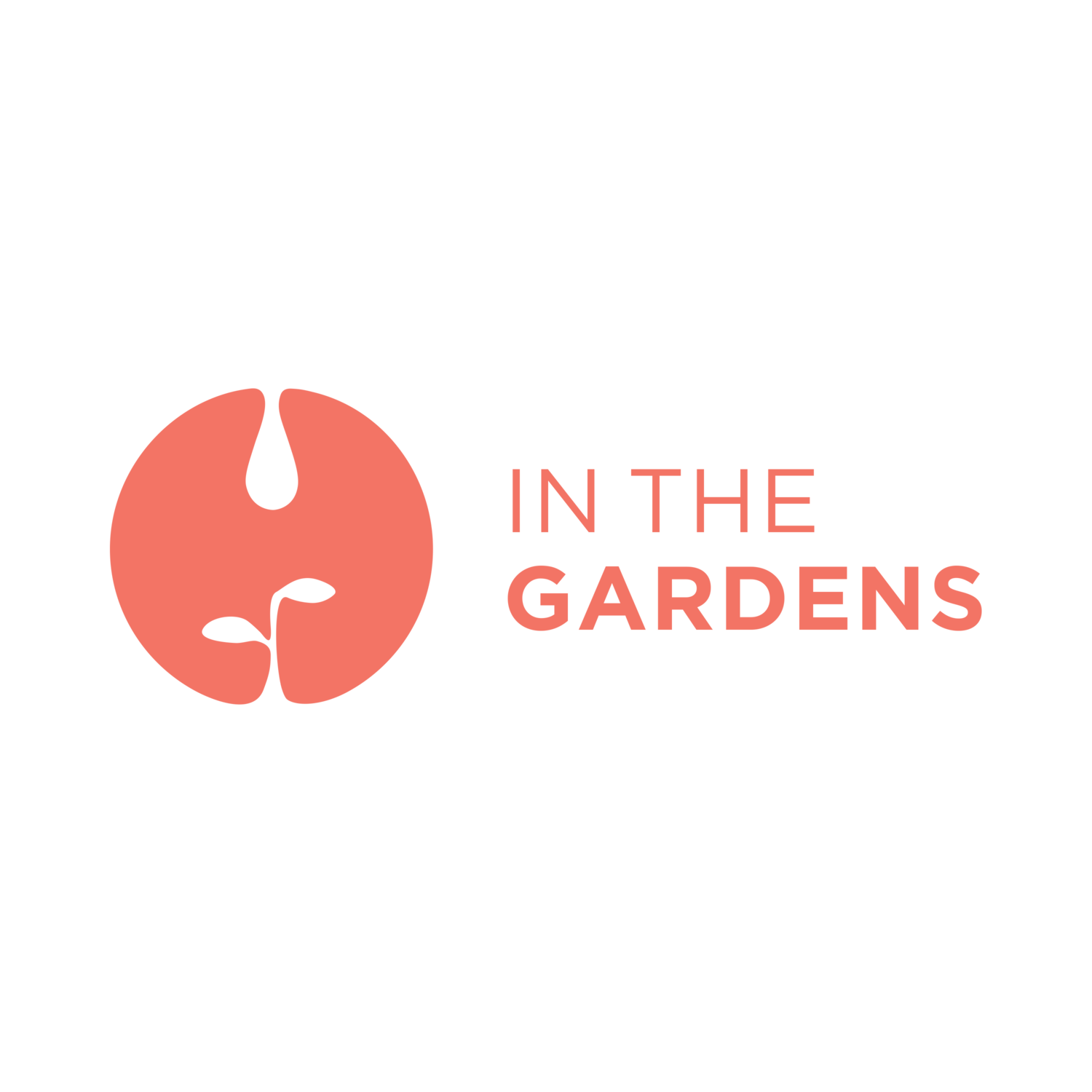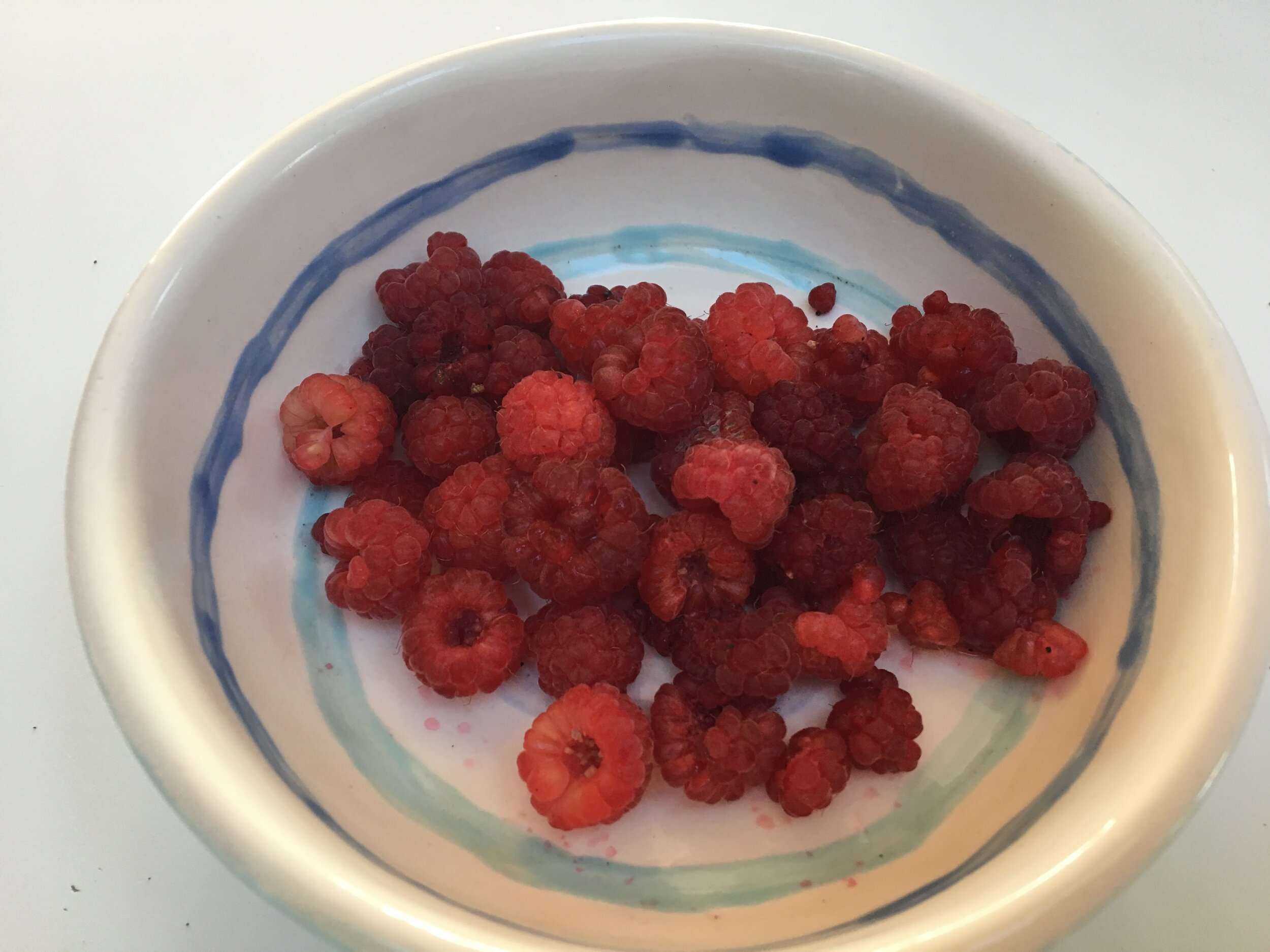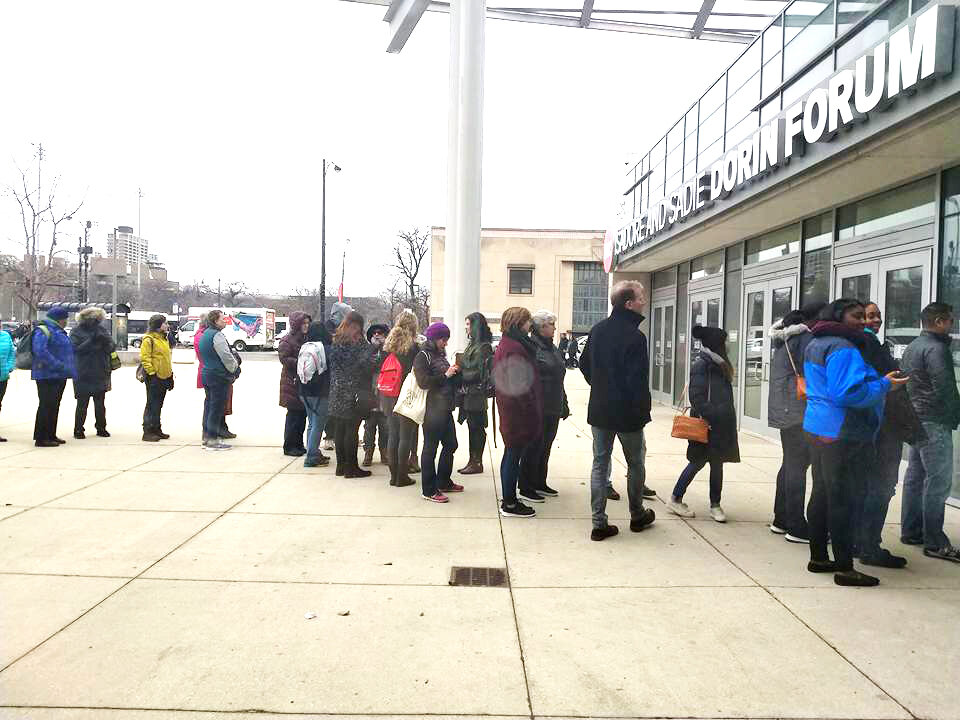Mindfulness in the Garden
This weekend I had the opportunity to lead a session at the 2018 Good Food EXPO, a conference for all things garden, farming and fresh food related. It was my fourth year at the conference. The first year I attended, I met a young man – a high school student – named Lucas Zeidner. We were in a breakout session together. It turned out that while he was looking for an internship, I was looking for an intern. A partnership was made, which not only took us through that season, but has maintained and grown into a friendship. Lucas is now in his third year of urban farming studies at University of Minnesota. He pays me a visit each spring break. We clean and bag seeds dried from last season, and share stories of our growing experiences. He is currently the farm manager at NoMi Roots, and I easily learn as much from him as I have taught him.
This is the kind of connection that takes place at the expo. Each year there I have met great folks. I have learned of for-profit and not-for-profit businesses whose commitment to caring for the earth and feeding its entire people are similar to mine. I have seen businesses that are purely vegetable in nature, while others focus on dairy and meat products. Then there are those that tend the goats and bees for body care products. Regardless of the area of focus, the feel is the same – we live on one Earth and want to work the ground to its best effect for all.
When planning and executing a garden, particularly in community, mindfulness practice can provide an opening to deepening relationships with others and with the earth itself, offering untold beauty and connectedness. Learn some of these practices to take into your garden and/or farm.
The program I led this weekend was called “Mindfulness in the Garden.” For some, this seems a natural. People tell me all the time that the garden is a place that calms them. The quiet, the breeze and sounds of nature, the smells and the feel of soil on their hands – these experiences quiet people down and bring them into a state of greater awareness. While this could be the case, there is also the possibility that we become overloaded with the amount of work and we lose that sense of connection. Or perhaps we have had disappointments where plants have died, have become diseased, or were eaten by critters. Or our garden may be on a very noisy city plot. We may find ourselves struggling to find that peace.
The concept of mindfulness in the garden, then, is to help us to focus, to slow down, to become aware, and to cultivate our appreciation. We can very simply start by taking a few deep breaths to bring our attention to the present moment. Then, any number of practices – perhaps humming or singing, or taking time to eat something we grew with our own hands in a way that has us engaging our senses before eating – can be used to help us more fully connect. We first connect to ourselves, then to the earth, and, maybe even more importantly, to the others we are tending the garden with. It is so easy for us to lose sight of the preciousness of human relationships, and the garden is one place we can intentionally cultivate our kind interactions with one another as a stepping-stone to compassionate community.
For our session at the expo, I brought in plants that grow here in Chicagoland – raspberries, blackberries and parsley. We took time to learn these plants as if we’d never seen them before, and then we explored their tastes. The results were new relationships with these foods and joy in explaining our discoveries to the group.Whether young or old, from the United States or abroad, regardless of cultural or racial background, as we shared our experiences with one another, we grew as a community. This is the true gift of mindfulness in the garden.
Let us know if you would like us to bring mindfulness in the garden to you and your garden community – rabbidamsky@inthegardens.org.
Happy gardening!
Rabbi Robin Damsky






